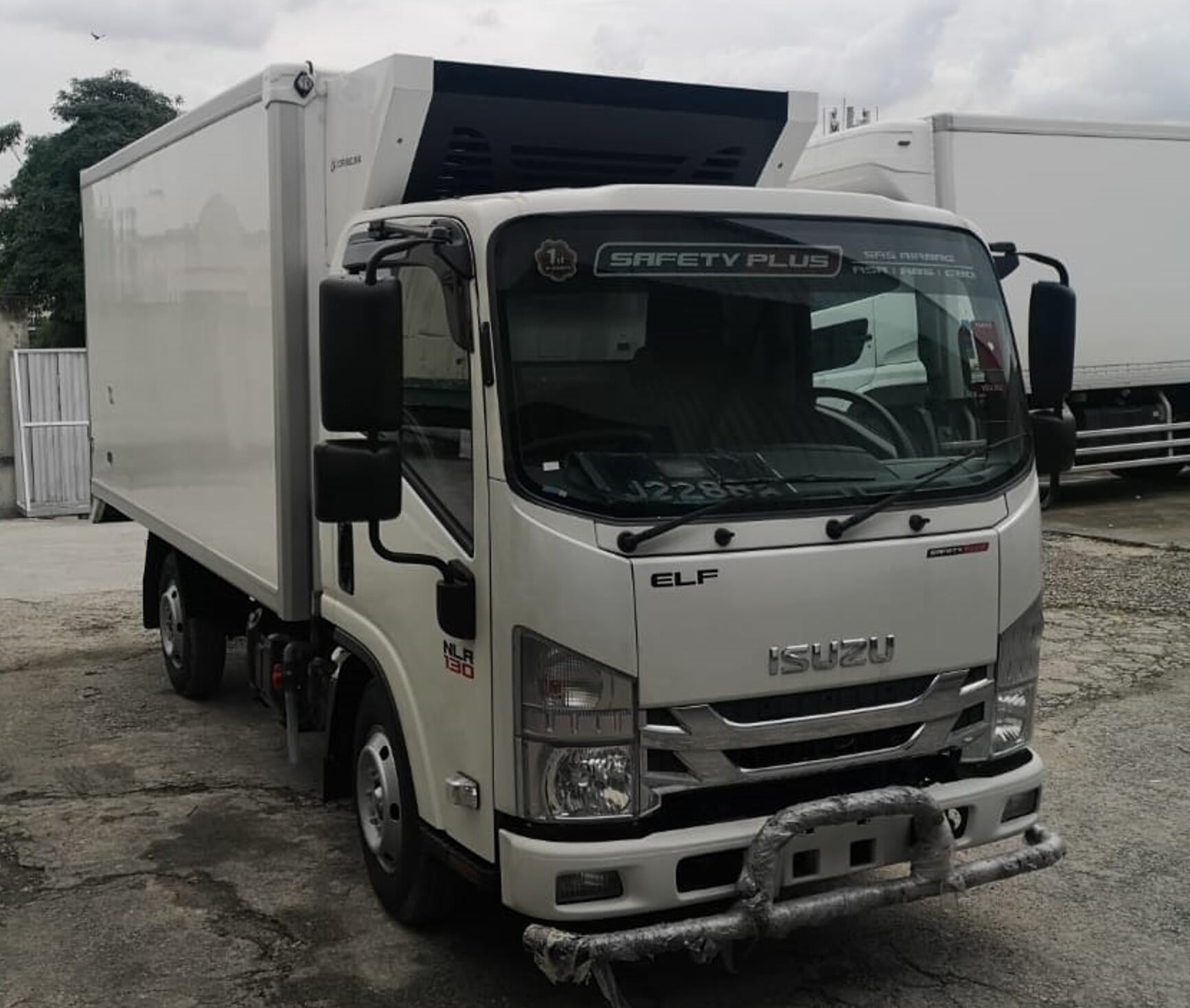Electric Truck Refrigeration Units: Ushering in a Quiet Revolution for Cold Chain Logistics
Driven by both environmental concerns and technological innovation, the commercial transportation sector is undergoing a profound electric transformation. Truck refrigeration units, once reliant on noisy diesel power, are quietly giving way to clean and efficient electric solutions, a shift that is reshaping the landscape of cold chain logistics.

The Silent Green Transformation
Compared to traditional diesel refrigeration units, electric units demonstrate significant advantages. They achieve true zero-emission operation, completely eliminating exhaust pollution and making cold chain transportation more environmentally friendly. This characteristic is particularly crucial in densely populated urban areas, where electric units offer a practical solution for improving urban air quality.
Low-noise operation is another standout feature of electric refrigeration units. The noise generated by traditional diesel units often disturbs residential areas, whereas the nearly silent operation of electric units enables nighttime deliveries. This not only enhances logistics efficiency but also reduces disruptions to residents' lives.
In terms of energy efficiency, electric refrigeration units also perform exceptionally well. Electric systems can control temperature more precisely, ensuring that refrigerated goods are always maintained in an optimal environment. This precise temperature control is of great importance for goods sensitive to temperature fluctuations, such as food and pharmaceuticals.
Technological Breakthroughs Driving Industry Upgrades
The technological development of electric truck refrigeration units has transcended mere cooling functions, evolving towards comprehensive energy management systems. Modern electric refrigeration systems can intelligently regulate energy consumption, dynamically adjusting operation based on actual demand, significantly improving energy utilization efficiency.
Innovative thermal management technologies enable electric refrigeration units to effectively manage the temperature requirements of other vehicle components while providing cooling. This holistic approach to thermal management not only enhances cooling efficiency but also helps extend the service life of related parts.
The application of intelligent control systems makes the operation of electric refrigeration units more precise. By monitoring compartment temperature and environmental conditions in real-time, the system can automatically adjust operational parameters, ensuring temperature fluctuations are minimized, thus providing reliable support for high-quality cold chain logistics.
Steady Progress Amid Challenges
Despite their evident advantages, the development of electric truck refrigeration units still faces several challenges. The high initial investment cost is one factor limiting their rapid adoption, although this barrier is gradually being alleviated as technology matures and production scales up.
The completeness of charging infrastructure directly impacts the application scope of electric refrigeration units. The industry is currently addressing this issue through various methods, including optimizing battery management systems to extend range and promoting the rational layout of charging facilities.
Electric refrigeration units need to meet diverse needs across different application scenarios. From short-distance urban distribution to regional medium and long-haul transport, unit design and performance requirements vary significantly. Manufacturers are developing more segmented product series to better adapt to market needs.
Intelligence Shaping the Future
With the development of Internet of Things (IoT) technology, a new generation of electric refrigeration units is becoming smarter. Remote monitoring systems allow managers to understand unit status in real-time, facilitating timely adjustments and maintenance. This intelligent management not only improves operational efficiency but also effectively prevents failures.
The application of data analysis technology enables electric refrigeration units to continuously optimize operational strategies. Systems can learn from historical operational data and automatically adjust optimal parameters, thereby maximizing energy savings while ensuring cooling effectiveness.
In the future, electric refrigeration units will integrate more closely with the entire cold chain logistics system. From storage to transportation, and finally to last-mile delivery, electric refrigeration units will become an indispensable part of the intelligent cold chain, providing consumers with safer and more reliable product protection.
A New Era for Green Cold Chain
The development of electric truck refrigeration units represents a move towards more environmentally friendly and efficient directions in the cold chain logistics industry. This is not merely a technolo.
